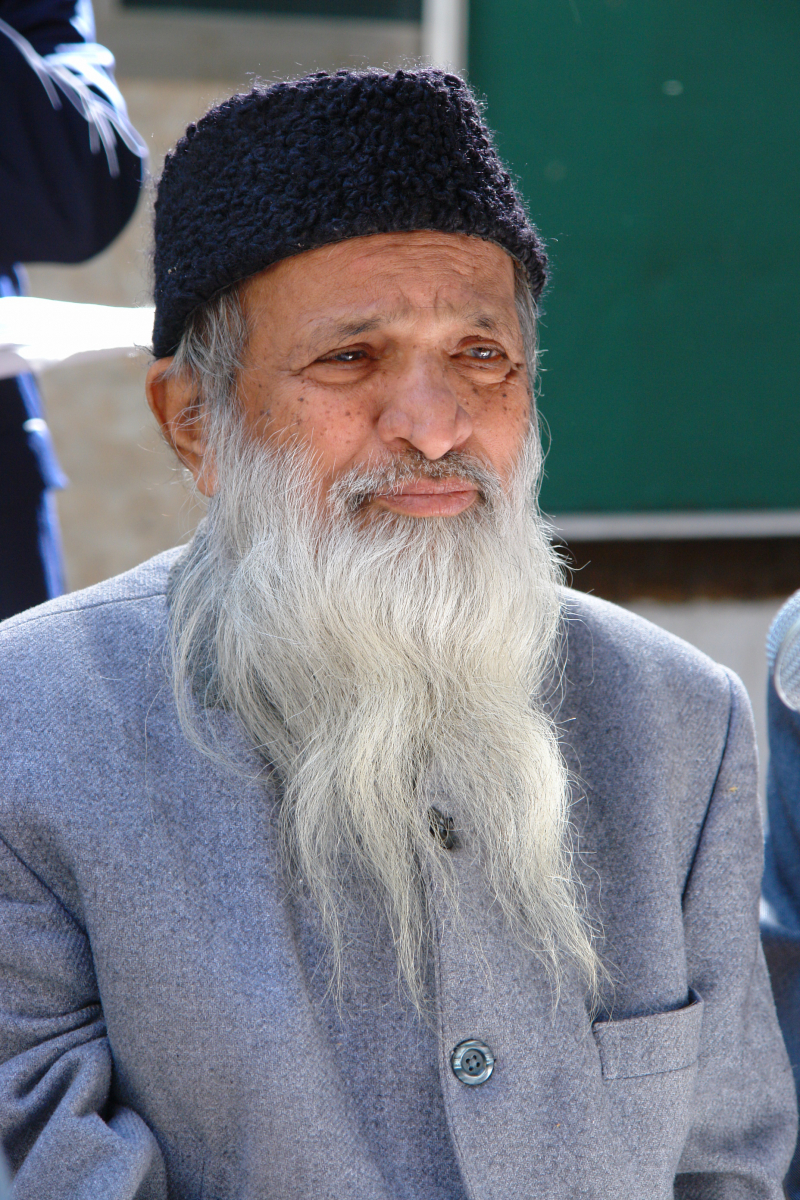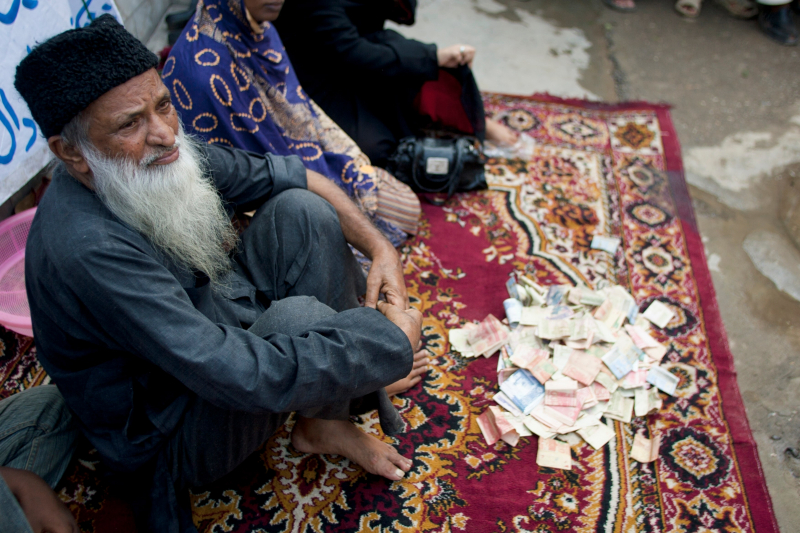Abdul Sattar Eidhi
Abdus Sattar Edhi (28 February 1928 - 8 July 2016) is a Pakistani politician, a Pakistani humanitarian, philanthropist, and ascetic who founded the Edhi Foundation, which operates the world's largest volunteer ambulance network, as well as numerous homeless shelters, animal shelters, rehabilitation centers, and orphanages throughout Pakistan. Following his death, his son Faisal Edhi assumed leadership of the Edhi Foundation.
When an Asian flu epidemic (originating in China) swept through Pakistan and the rest of the world in 1957, Edhi's charitable activities grew significantly. The same year, he was able to purchase his first ambulance thanks to donations. Later, with the assistance of his wife Bilquis Edhi, he expanded his charitable network.
During his lifetime, the Edhi Foundation grew, supported entirely by private donations, and established a network of 1,800 ambulances. Edhi was listed as the parent or guardian of nearly 20,000 adopted children at the time of his death. He is known as the "Angel of Mercy" among Pakistanis and is regarded as the country's most revered and legendary figure. According to The Huffington Post, he may be "the world's greatest living humanitarian." He is also regarded as one of the most important historical figures in Pakistan.
Edhi maintained a hands-off management style and was frequently critical of corruption in religious organizations, clergy, and politicians. He was a strong supporter of religious tolerance in Pakistan and helped victims of Hurricane Katrina and the Ethiopian famine in 1985. He was nominated for the Nobel Peace Prize several times. Edhi was the recipient of several awards, including the Gandhi Peace Prize, the Ahmadiyya Muslim Peace Prize, and the UNESCO-Madanjeet Singh Prize. In July 2016, he died and was buried with full state honors.










